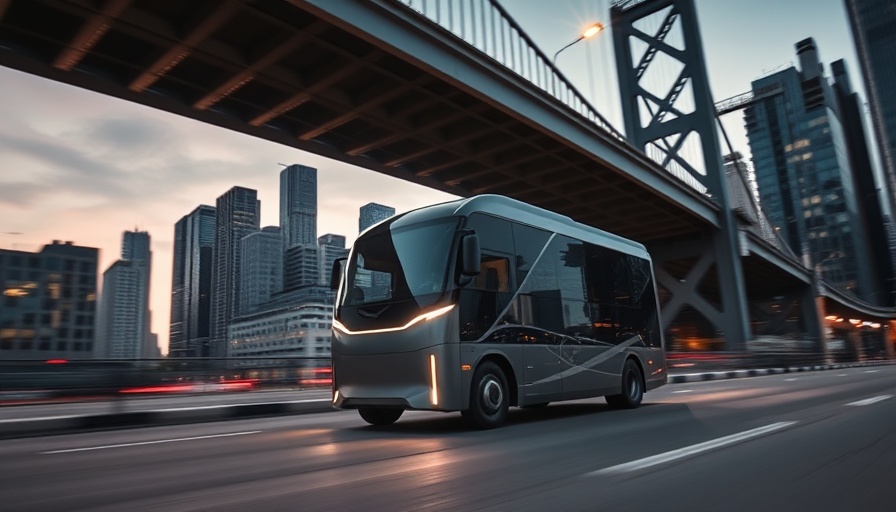
Slate Auto: A Game-Changer in Electric Vehicle Manufacturing
Slate Auto, a fresh face in the electric vehicle (EV) industry, is making headlines with plans to convert a former printing plant in Warsaw, Indiana into its production facility for an affordable electric truck. This strategic move isn’t just about repurposing real estate; it signifies a commitment to revitalizing American manufacturing while offering a vehicle that aims to be accessible to the average consumer.
Pioneering Affordable EVs: The Vision Behind Slate Auto
With ambitions to sell its trucks for less than $20,000 after federal tax incentives, Slate Auto is positioning itself as a significant player in the EV market. The company has garnered the attention of major investors, including Amazon founder Jeff Bezos and prominent venture capital firms, amassing over $100 million in funding. This financial backing will facilitate the monumental task of transforming a plant that has been dormant for two years into a bustling manufacturing hub. Slate’s CEO Chris Barman has articulated a vision centered on domestic production, underlining the importance of ‘re-industrializing America’.
From Ink to Innovation: The Transformation of the Warsaw Plant
The 1.4 million-square-foot facility, previously owned by R.R. Donnelley, a printing company, is poised for a significant transformation. While details on the county’s incentive package are sparse, local officials indicated that the factory could employ up to 2,000 people. This has sparked optimism in the community about job creation and economic revitalization. However, transforming a printing plant into a vehicle manufacturing site poses substantial challenges, especially since it requires significant modifications to accommodate automotive production standards.
Lowering Costs with Smart Design Choices
One innovative aspect of Slate Auto’s approach is its decision to utilize wraps instead of traditional paint jobs for its trucks. This choice is expected to save hundreds of millions in manufacturing costs by eliminating the need for a paint shop. As the company gears up for production, these design efficiencies could be vital in keeping the retail price down, making electric vehicles more attractive to budget-conscious consumers.
The Broader Impact of Domestic EV Production
Slate Auto’s focus on American manufacturing isn’t merely a business tactic; it reflects a broader trend where companies are increasingly recognizing the value of local production capabilities. As the demand for electric vehicles rises, the importance of domestic supply chains becomes critical for ensuring quality control, reducing carbon footprints associated with shipping, and fostering local economies. Such projects resonate with consumers interested in sustainability and supporting American industries.
Challenges Ahead: Navigating the EV Landscape
Despite its ambitious plans, Slate Auto faces stiff competition in the rapidly evolving EV landscape. Established players like Tesla and newer entrants are also racing to capture market share, compelling Slate Auto to differentiate itself and prove that it can deliver not just price but also quality and reliability. The complexities of bringing a product to market, especially in a sector as technologically demanding as electric vehicles, cannot be underestimated.
Future Predictions: The Potential Growth of Slate Auto
As more consumers shift towards sustainable energy solutions, Slate Auto’s commitment to affordability and local manufacturing could position it favorably in the market. If successful, this venture might inspire other startups to explore similar paths, ultimately contributing to a more competitive and diverse electric vehicle landscape in the United States.
Conclusion: A New Era for Electric Vehicles
With significant funding, a dedicated vision, and a unique approach to manufacturing, Slate Auto aims not just to manufacture vehicles but to pave the way for a new era in electric mobility. The company's future will hinge on its ability to overcome challenges and fulfill the promise of providing an affordable, domestically-made electric truck that could revolutionize the market.
The reimagining of the Warsaw plant stands as a beacon of hope in the American manufacturing landscape, showcasing that with the right strategy and support, innovation can thrive as the nation shifts towards a greener future.
 Add Row
Add Row  Add
Add 



Write A Comment